Town Hall Recap: The Great Education Unbundling and Rebundling
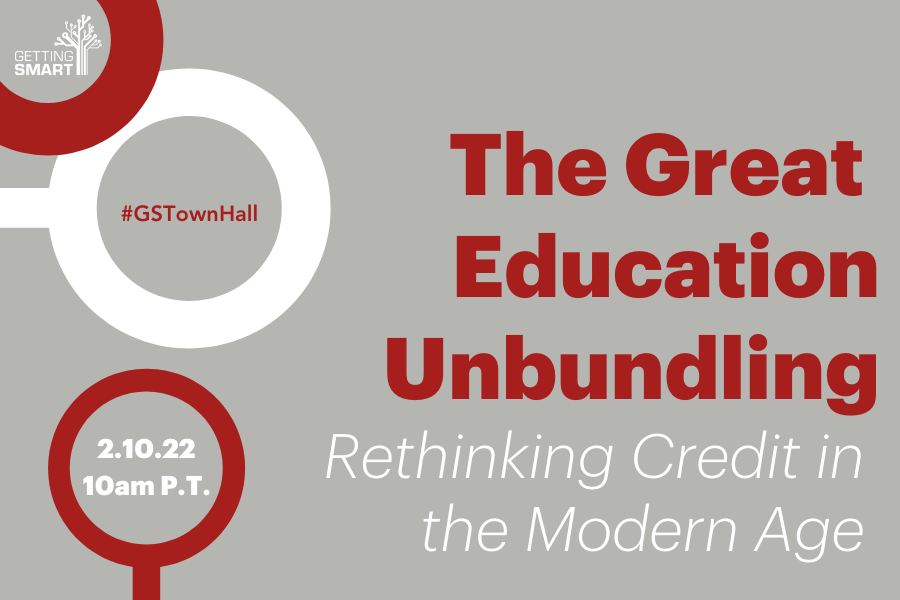
For 25 years there has been steady expansion of the number of in and out of school learning options. The pandemic accelerated the great unbundling of learning–at least for those with access, agency, and advocates.
[It’s about] learning in the world rather than about the world.”
Jessica Hanson
Facing increasing choice, increasing demand by parents, and increasing quality options, schools that reframe learning to credential, credit, and count programs and experiences outside of the traditional program will thrive. While unbundling will expand, how learning is rebundled will emerge as the next innovation — accessible, personalized, accountable and massive.
Our recent Getting Smart Town Hall pulled in some innovators in unbundling and rebundling to share what they are doing, what they are seeing and what they are thinking about. As always, our audience provided us with tons of amazing references and links in the chat. You can check them out at the link below!
Karen Pittman shared many of her thoughts about free choice, formal learning and flexible learning. She also shared about Education Reimagined’s ecosystem work which circles around the framing of where you go to be known, where you go for content based learning, where you go for practice and implementation. Check out the new podcast that Karen is working on to elevate new ways of thinking, seeing, and acting on truths parents know and research confirms.
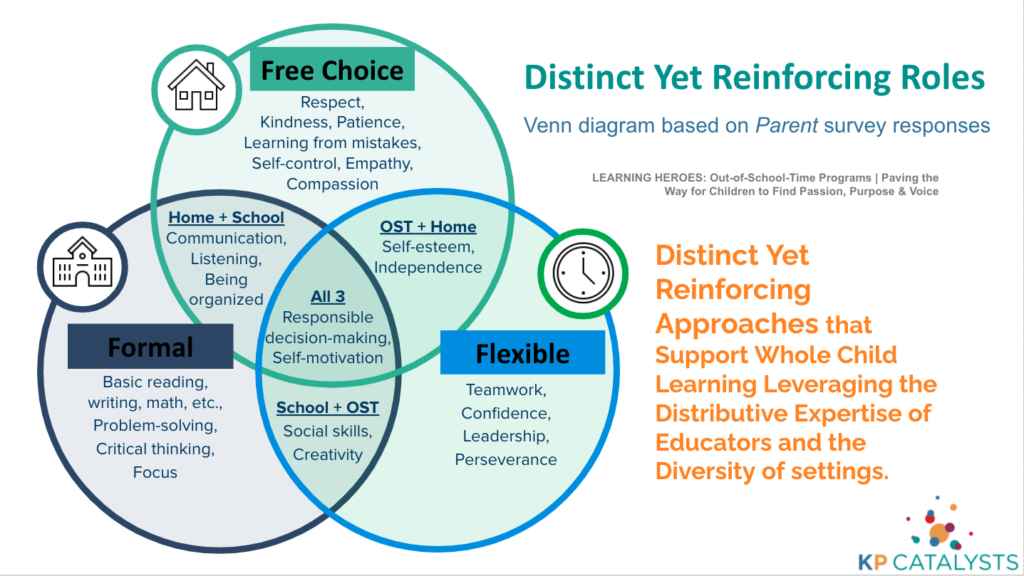
The idea of unbundling is also about nesting schools within communities. Part of the world we live in is breaking down the divide to informal so we can give learners of all ages the access to an ecosystem.
Nate McClennen
We also heard from Matt Bowman about his inspiring work with My Tech High and Snow Online which provide outstanding virtual options to learners. Also on the subject of Rebundling, we heard from Steve Kossakoski from VLACS who discussed the work that VLACS is doing in New Hampshire and across the nation to rethink what virtual schooling is.
Amy Anderson of ReSchool Colorado also shared lots of great thoughts about funding models, keep students at the center and capturing learning that happens everywhere.
Access to flexible funding is a critical resource to rebundling and ensuring equitable access to learning that happens everywhere that is aligned to learners’ interests and needs. And this can’t fall exclusively in the back of K12 funding. We need new/different models.
Amy Anderson
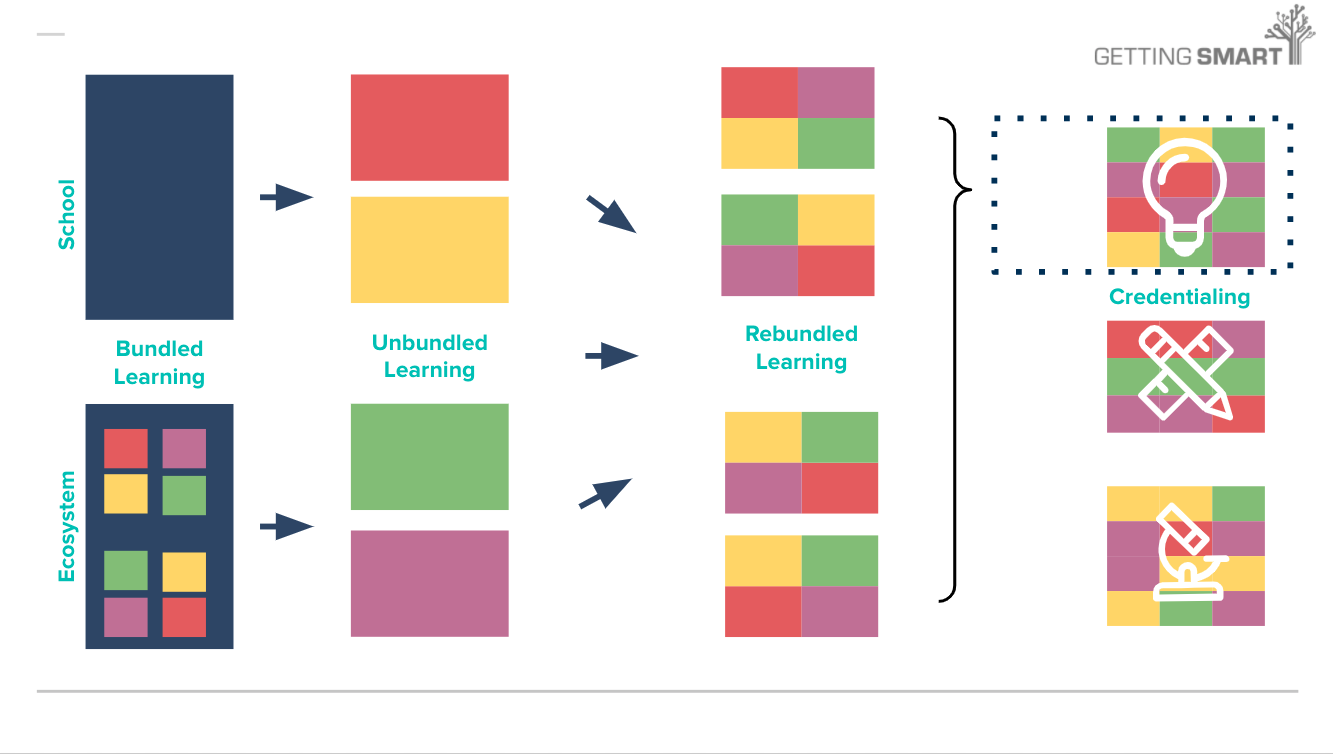
Questions we’re still thinking about
- How do you shift the thinking of teachers to trust that they have the freedom to focus on the essence, potential, and capabilities of all children to collectively co-design the basic structure of their school?
- How does an upgrade of the architecture of the internet (i.e. web3) enable open source, user governed, equitable learning experiences?
- How do we create the conversations needed within a community?




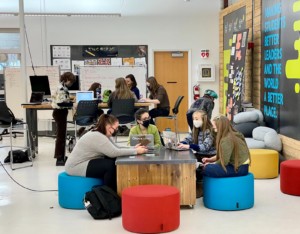

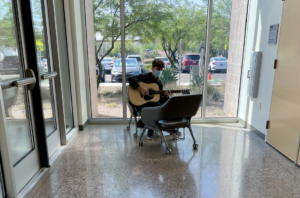
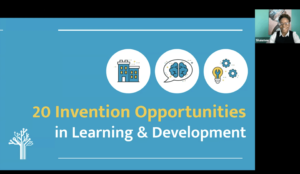
0 Comments
Leave a Comment
Your email address will not be published. All fields are required.